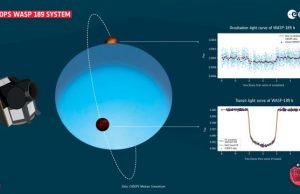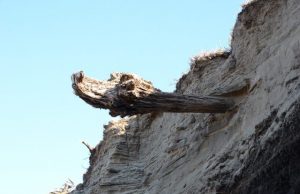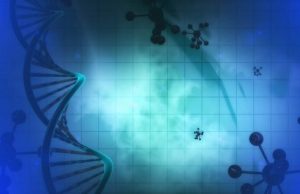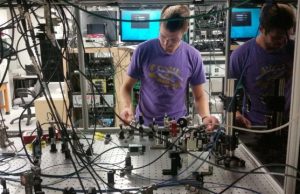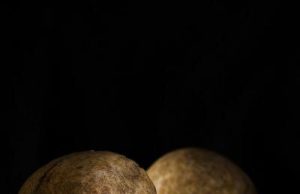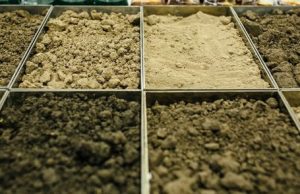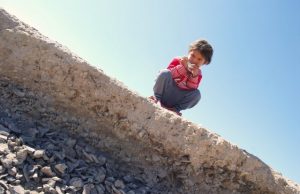Karina
First study with exoplanet satellite data describes one of the most...
CHEOPS keeps its promise: Observations with the space telescope have revealed details of the exoplanet WASP-189b—one of the most extreme planets known. CHEOPS is...
The testimony of trees: How volcanic eruptions shaped 2000 years of...
Researchers have shown that over the past two thousand years, volcanoes have played a larger role in natural temperature variability than previously thought, and...
New method allows precise gene control by light
A novel optical switch makes it possible to precisely control the lifespan of genetic copies. These are used by the cell as building instructions...
Physicists develop a method to improve gravitational wave detector sensitivity
Gravitational wave detectors have opened a new window to the universe by measuring the ripples in spacetime produced by colliding black holes and neutron...
New funerary and ritual behaviors of the Neolithic Iberian populations discovered
Experts from the Department of Prehistory and Archaeology of the University of Seville have just published a study in the prestigious journal PLOS ONE on an...
Major wind-driven ocean currents are shifting toward the poles
ely explain the reasons for this, because they were mostly focusing on atmospheric processes. Now, experts at the AWI have solved the puzzle: the...
New study reveals that soil is a significant carbon sequestration driver
As harmful atmospheric carbon dioxide levels continue to increase, understanding the planet's carbon balance is increasingly important.
A new report by U.S. National Science Foundation-funded...
Shorebirds more likely to divorce after successful breeding
An international team of scientists studying shorebirds, led by the University of Bath, has found that successful plover parents are more likely to divorce...
Gravity causes homogeneity of the universe
Gravity can accelerate the homogenization of space-time as the universe evolves. This insight is based on theoretical studies of the physicist David Fajman of...
Glass molecules can act like sand when jammed, study finds
UO researchers have discovered that molecules in glass materials behave just like particles in sand and rocks as they jam together, a mechanism that...
Chromium steel was first made in ancient Persia
Chromium steel—similar to what we know today as tool steel—was first made in Persia, nearly a millennium earlier than experts previously thought, according to...


